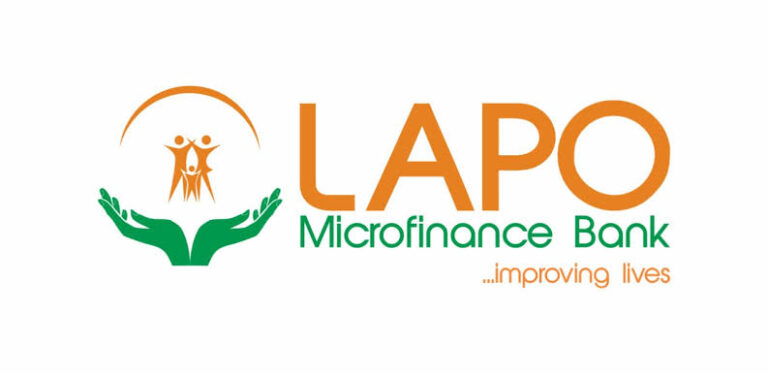By Peter Omopo
The United Nations has sounded the alarm over a worsening global water crisis, with a new joint report from the World Health Organisation (WHO) and UNICEF showing that more than two billion people still lack access to safely managed drinking water. Despite some progress, the study warns that at the current pace, the world is far from achieving universal access to water, sanitation, and hygiene by 2030—jeopardising public health and exposing billions, particularly women and children, to heightened risks.
Against this sobering backdrop, LAPO Microfinance Bank (LAPO MfB) is reaffirming its commitment to Sustainable Development Goal (SDG) 6: Clean Water and Sanitation, by positioning itself as a key enabler of innovative financial solutions in Nigeria’s Water, Sanitation and Hygiene (WASH) sector.
Through its WASH Loan Program, the bank has already disbursed over ₦150 million to 100 households and WASH-sector SMEs across four local government areas in Kano and Jigawa States. The intervention has directly impacted more than 1,000 participants and over 100 households, delivering not just access to safe water and sanitation but also improving health outcomes, livelihoods, and dignity for underserved communities.
“Water, sanitation, and hygiene are not privileges but necessities for human survival. Our WASH Loan adoption program, which has successfully scaled across 56 groups in Kano and Jigawa states, demonstrates that finance can be a catalyst for solving one of humanity’s most urgent challenges,” said Evbuomwan Efosa, Head of Research and Business Development at LAPO MfB.
Looking ahead, LAPO MfB plans to expand the program across Nigeria’s six geopolitical zones, building on its early successes to accelerate impact. The initiative is part of the bank’s broader social impact strategy, designed to integrate financial empowerment with public health advocacy.
“Our interventions in the WASH sector are a reflection of who we are—a socially responsible institution dedicated to improving lives beyond banking. We see access to clean water and sanitation as a critical driver of equity, dignity, and sustainable development, and LAPO MfB is committed to being part of the solution,” said Oluremi Akande, Director of Marketing and Communications at LAPO MfB.
As the UN and global stakeholders call for urgent, scaled-up action, LAPO MfB’s efforts stand as a model of how local solutions can rise to meet global challenges—empowering communities, protecting public health, and advancing Nigeria’s progress toward the SDGs.

